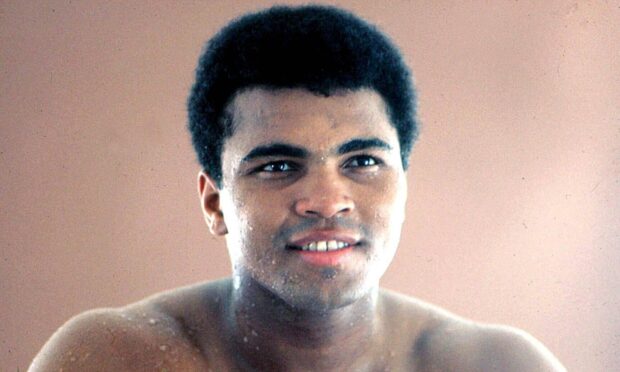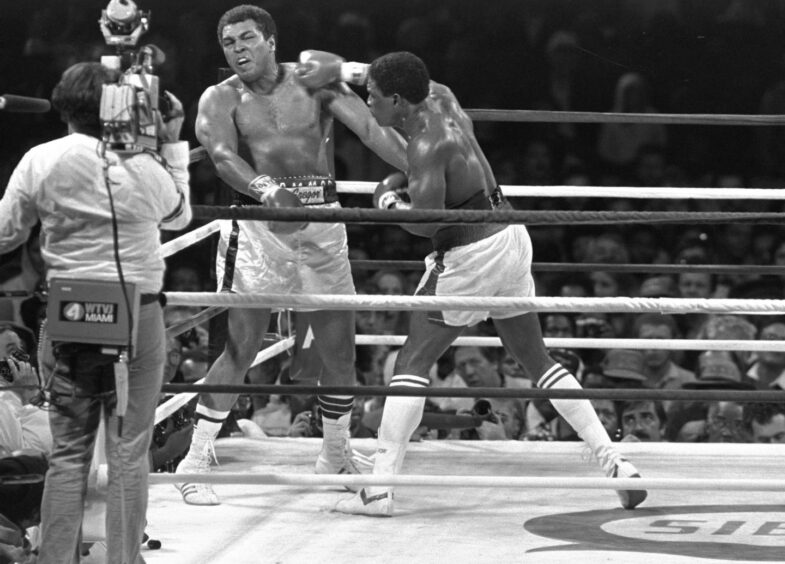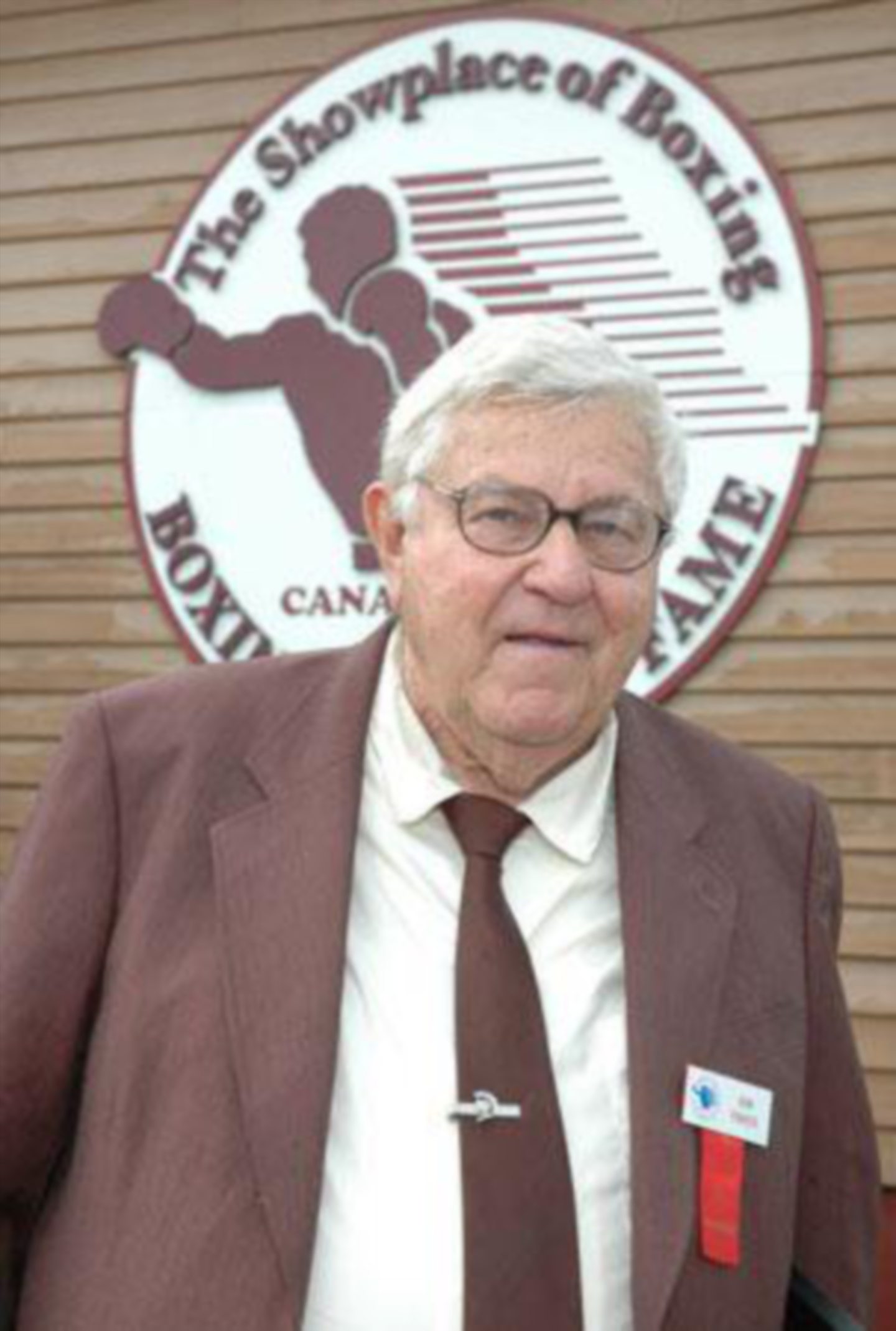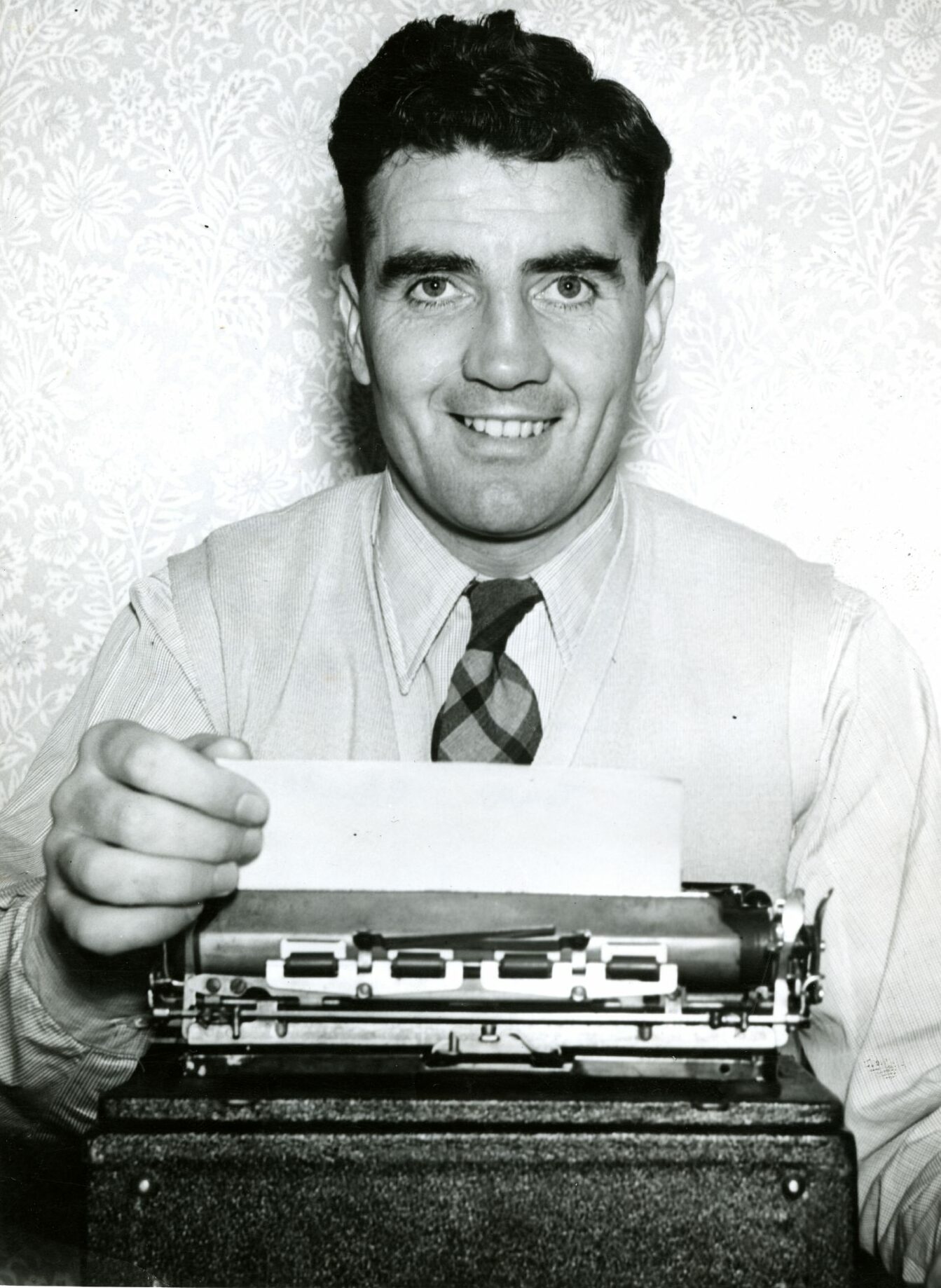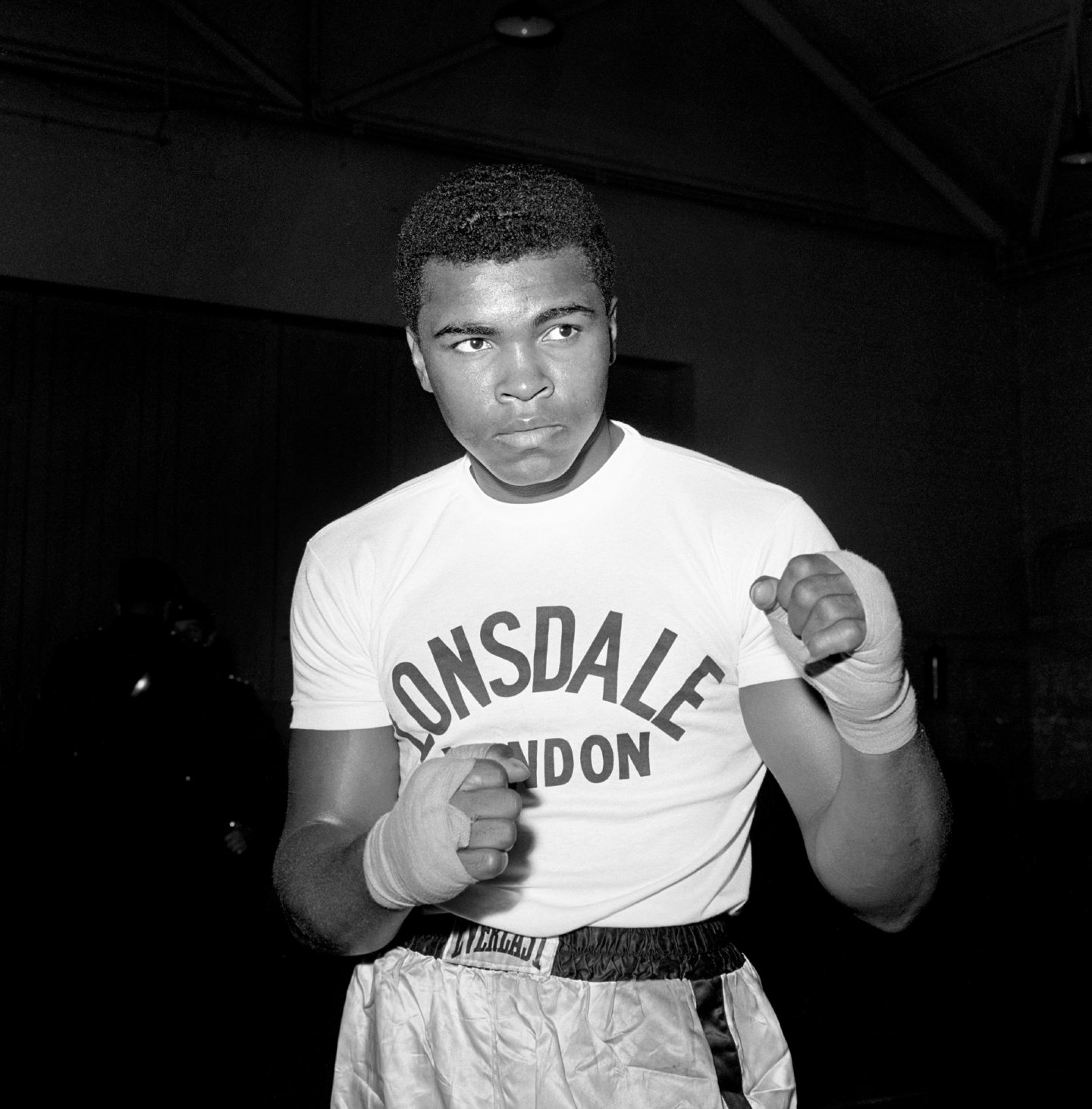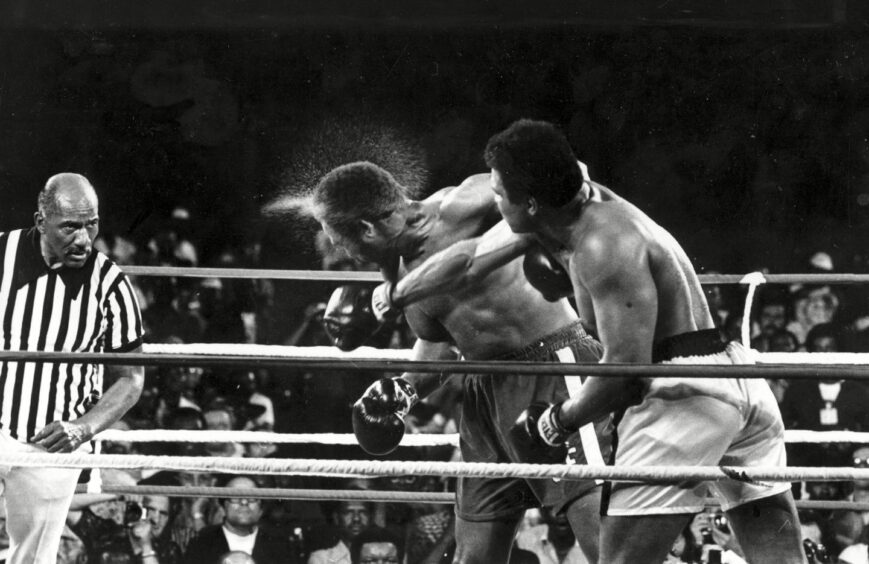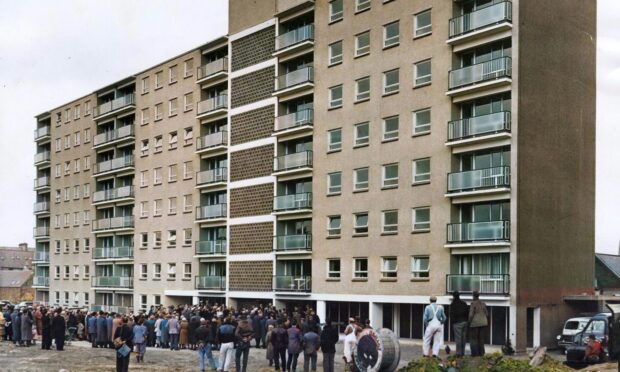“I know myself better than anybody else, and I know it’s the end.”
Muhammad Ali slumped on a chair in weary resignation in the locker room of a baseball field in the Bahamas and untied his gloves for the final time.
Even The Greatest couldn’t beat his biggest enemy, Father Time.
Ali ended his 61-fight career 40 years ago after losing a unanimous points decision to Trevor Berbick in what was advertised as the Drama in Bahama.
Ali could have gone out at the absolute pinnacle when he retired after winning his 1978 rematch with Leon Spinks to become the only man to regain the heavyweight title twice.
But he couldn’t stay away from the ring.
Ali’s previous fight, a year earlier, had been against Larry Holmes, who had hammered him to a 10th round retirement – the first time he’d been stopped in 61 fights.
That fight took away Ali’s world crown.
Ali was already showing signs of being punch drunk and was unable to get licensed to fight in the United States when a $4 million deal took him to the Bahamas.
He was a month shy of his 40th birthday and a career-heavy 236 pounds.
The Rumble in the Jungle and Thrilla in Manila now seemed a million miles away.
“I’m finished,” he said.
“We all grow old. This is the end.”
Twenty-one years after he won a gold medal in the 1960 Olympics in Rome, it was finally over.
When he retired from the ring, Ali had a career record of 56 wins and five defeats.
But the impact he had on the sport of boxing and society as a whole cannot be measured by counting his wins and losses.
He had started his career as a brash young heavyweight named Cassius Clay, who promised to shock the world.
The man they once called the Louisville Lip had his say on all the important issues of his day — the Vietnam War, race relations and religion, to name a few.
He reigned supreme in the most talent-rich era of heavyweight boxing, winning the title from Sonny Liston in 1964, winning it again from George Foreman 10 years later and beating greats such as Floyd Patterson, Joe Frazier and Ken Norton in between.
Don Fraser
He visited Scotland in 1965 for an exhibition fight against Jimmy Ellis at Paisley Ice Rink but many of his fans do not know about his connection to Arbroath.
Don Fraser was a master publicist who claimed to have labelled Clay The Greatest before his match with George Logan in Los Angeles in February 1962.
Fraser is said to have pinned a button on Ali’s chest with this title and Ali took to it in a big way.
The rest is history.
Fraser was inducted into the International Boxing Hall of Fame in 2005 and was involved in promotions that included Ali, Floyd Patterson and Sugar Ray Robinson.
He was part of the famous Fraser family from Arbroath, which went on to make its fortune by manufacturing jute-soled footwear in Argentina.
Clay met another Tayside contingent just a few months after that match with Logan when he fought Billy Daniels at the St Nicks Arena.
Dundee FC’s title-winning side were taking part in a friendly tournament in New York in May 1962 when some of the squad went to watch the fight.
Courier journalist Tommy Gallacher arranged the tickets and managed to set up a brief meeting with Clay and the players in the locker room.
Of course, that’s not the only Dundee connection to Ali.
Dick McTaggart knew Ali was The Greatest when he first saw him throw a punch.
Fresh from claiming the lightweight crown – and the prestigious Val Barker trophy for most stylish fighter – at the 1956 Games in Melbourne, Dundee boxing hero McTaggart travelled to Rome in 1960 with a fearsome reputation.
Invited to meet the American team, McTaggart was immediately impressed by the teenage Clay – and his hyper-confident persona.
The brash young American went on to claim light heavyweight gold.
In spite of several sparkling displays, though, Clay was overlooked for the Val Barker trophy.
“I met him in Rome when he was just a teenager,” said McTaggart.
“Of course, I wasn’t much older, but I was impressed with him straight away.
“Even though he was still Cassius Clay at that time, he was already giving it the ‘I am The Greatest’ stuff.
“That eventually became his trademark, but everybody was talking about him even then.
“He was certainly a confident lad, I noticed that straight away.
“But he was a gentleman with it, and good company.
“And when I watched him fight, it was obvious he had the ability to back up the things he was saying.
“He was a class apart, even then.”
Clay and McTaggart never met again after 1960.
“I stayed amateur through my whole career,” explained McTaggart.
“Ali went down a different path, and is rightly thought of as the greatest boxer of all time.
“There can be no argument with that.
“My staying amateur is probably the reason I’ve kept my brains!
“I don’t have much in that department – but what I did have I kept.”
His final years were a roller-coaster ride for fans as he raged against the dying of the light.
The three-time world heavyweight champion, who had battled Parkinson’s disease for 32 years, died in Phoenix in 2016 at the age of 74.
More like this:
How Smokin’ Joe Frazier ended Muhammad Ali’s unbeaten record 50 years ago
Stuart Cosgrove: How Cassius X became Muhammad Ali in the summer of 1963
Dick McTaggart: 65 years since Dundee boxing hero surged to Olympic gold
